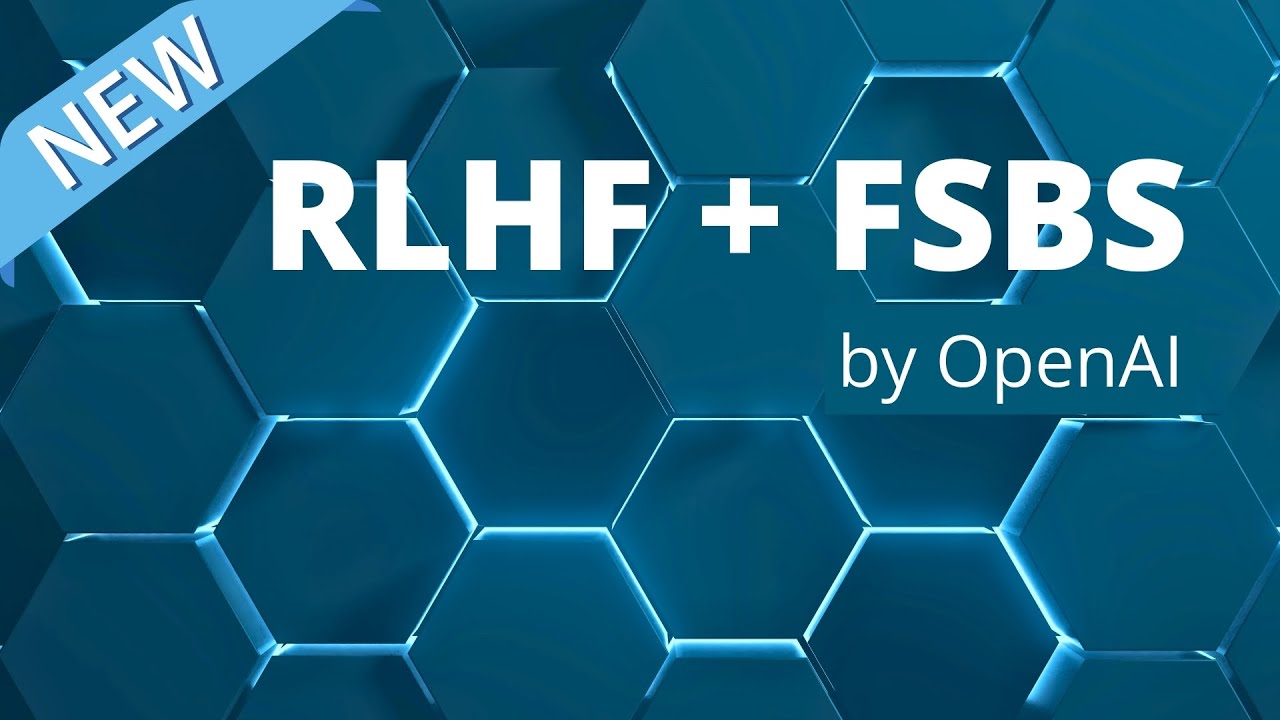OpenAI’s CriticGPT is an AI model designed to enhance the quality and accuracy of AI-generated code. This model is more than just a tool for developers; it has the potential to revolutionize various fields by improving the reliability and precision of AI outputs. Here are some key applications of CriticGPT:
1. Code Quality Improvement
CriticGPT excels at identifying and correcting errors in code generated by other AI models. Developers can use this tool to review and refine AI-generated code, ensuring fewer bugs and higher overall quality. By reducing the need for manual debugging, CriticGPT saves time and resources, making the software development process more efficient.
2. Training Data Enhancement
In reinforcement learning from human feedback (RLHF), high-quality training data is crucial. CriticGPT helps in producing better training data by catching errors and providing more accurate feedback.
This leads to improved performance of other AI models, particularly in tasks where precision is vital, such as financial modeling or medical diagnostics.
3. Automated Code Review
In large-scale projects, code review is essential but time-consuming. CriticGPT can automate this process by quickly scanning through code and identifying potential issues.
This application is especially useful in continuous integration and continuous deployment (CI/CD) pipelines, where quick and reliable code checks are necessary to maintain software integrity.
4. Educational Tool for Coders
CriticGPT can serve as a learning tool for new programmers. By analyzing and critiquing their code, it provides insights into common mistakes and best practices. This immediate feedback loop helps coders improve their skills more rapidly, reducing the learning curve associated with complex programming languages.
5. Scalable Oversight in AI Systems
As AI systems grow more complex, ensuring their alignment with human values becomes challenging. CriticGPT assists in scalable oversight by helping human trainers evaluate AI outputs more effectively.
This application is crucial in fields like autonomous vehicles or AI-driven financial systems, where safety and reliability are paramount.
6. Security Enhancement
CriticGPT’s ability to identify vulnerabilities in code can be leveraged to improve cybersecurity. By catching flaws that could be exploited by attackers, it adds an extra layer of defense in software systems.
This proactive approach helps prevent security breaches before they occur, making systems more resilient against attacks.
Conclusion
CriticGPT offers a wide range of applications that can significantly enhance the reliability and quality of AI-generated code. From improving code quality to enhancing cybersecurity, this tool has the potential to become an essential component in the AI development ecosystem.
Tools like CriticGPT will always play a critical role in ensuring that these systems are both effective and aligned with human values.
Read more about the tool in our Blog.

